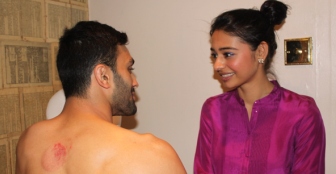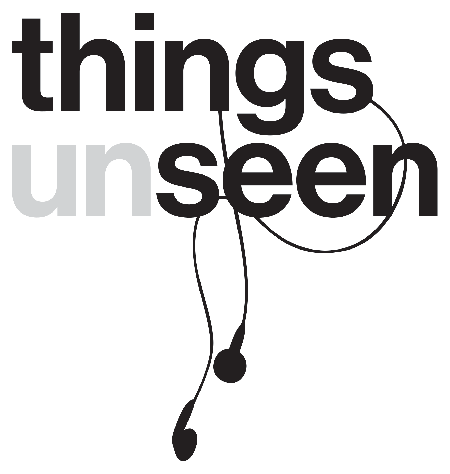Complementary medicine: a matter of faith?
Muslims believe that the Prophet Muhammad himself recommended wet cupping, or hijama – the practice of drawing blood to the surface of the skin using glass or plastic cups and then making small incisions for therapeutic purposes.
Nelufar Hedayat visits Muslim hijama practitioner Ashiq Hussain to see cupping in action and find out from his patient Adil Anwar, a professional boxer, what it does for him. The method has been popularized by celebrities like Victoria Beckham and Gwyneth Paltrow in recent years – but be prepared for one or two moments which are definitely not for the squeamish!
With Ashiq and two other guests, Nelufar then explores the merits and dangers of faith-based complementary medicine.
Vijay Murthy, a medical doctor and Ayurvedic practitioner, explains that Ayurveda – far from being all about the herbs for which it is best known in the UK – takes a holistic approach, focusing more on maintaining health than curing illness.
David Colquhoun, Emeritus Professor of Pharmacology and award-winning science blogger, condemns cupping as “pure make-belief” and thinks that both cupping and Ayurveda are “a voluntary tax on the gullible”.
Ashiq Hussain argues that although clinical tests are only just beginning, cupping does work – but how important is the faith of the patient in bringing about its supposed benefits?



Latest comments
Leave a comment
Oh if only prayer could heal, think of the benefits to disabled people. Ask mothers of children diagnosed with disabilities, the tears and prayers last years, and yet, nothing happens. The worst scam I heard was a mother taking her child to a priest and paying him for a prayer ‘healing’ session. Now as my good mother says, if God is there, you don’t need a middle man. If prayer works, we’d see the evidence and no more than in the pure hearts of mothers who prayer for their children and who would give up their own ability in a flash, to swap with their child, if only ‘God’ would listen and heal their children. Deafening silence! Sometimes people heal spontaneously. I hate that vitamin C scam that took off after the man in the coma was brought back from vitamin C ‘drinks’…when it could have been chance, but it was used to pedal non evidence based quackery. Further (steaming about this) is the Australian scam of people paying huge prices for private health insurance so people can be subsidised to go to ‘aromatherapy’ etc etc. Can someone apply science to this nonsense please? ‘toxins in blood forming a clot?’ mmmmm… right – guess the liver is redundant then!
Marnie Smith
Tim Lenton says “The idea that prayer has been proved ineffective is quite frankly laughable”. Evidently he hasn’t bothered to check the facts. There have been lots of studies of prayer, and it is simply a matter of observation that it doesn’t work. That’s a pity because there would be great deal less misery in the world if all you had to do was pray.
What Lenton calls “relentlessly negative”, I call having respect for evidence. Questions like the existence of gods can’t be answered by evidence. Questions about whether a treatment works or not can be answered. It seems to me to be rather arrogant to dismiss the results as though they were irrelevant. And worse than that, ignoring evidence hurts people. Surely religious people should worry about that (though I can’t say I’d noticed).
David Colquhoun
Whether or not you go along with unconventional forms of healing, I don’t think discussing it with someone who is unrelentingly negative does much good. There are so many different forms of spiritual or faith-based healing that picking out ones that are harmful or ineffective and using that to condemn the lot is unhelpful. The idea that prayer has been proved ineffective is quite frankly laughable.The whole area of health and wholeness is one that is suffused with mystery, and some of the conventional treatment we get can be ineffective or make things worse.
Tim Lenton
Not sure how to rate the relationship of professional boxer Adil Anwar’s religious faith to the effectiveness of cupping when Islaam prohibits hitting the face (i.e. boxing is haraam). That said, a hijama practitioner in the UK explained that years-old blood gets trapped, which plays a role in inflammation (i.e. aches and pains). Cupping draws that decades-old blood out.
Bob Williams